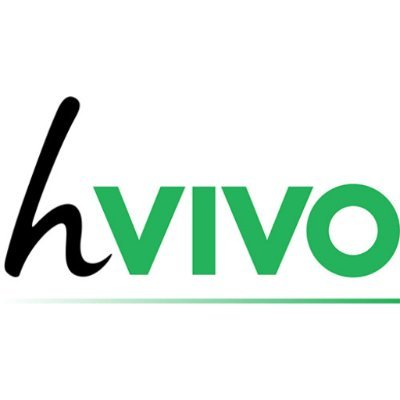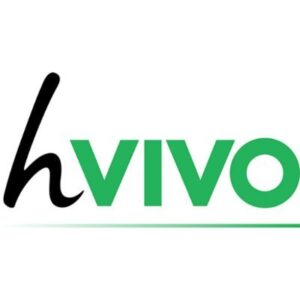MDCK (Madin-Darby Canine Kidney) cells are an essential tool in biological and medical research, especially in virology, cell biology, and studies involving membrane transport. Originally derived in 1958 from the kidney of a healthy adult female cocker spaniel, these epithelial cells exhibit a cobblestone-like appearance when cultured. Their tight junctions make them ideal for examining epithelial barrier functions. Variations like MDCK I and MDCK II strains offer specific traits; for instance, MDCK I forms tighter epithelial layers, while MDCK II is often used to study epithelial-to-mesenchymal transition.
Culturing MDCK cells requires specific conditions. They are typically maintained in Dulbecco’s Modified Eagle Medium (DMEM) with foetal bovine serum (FBS) and other nutrients, thriving at 37°C in a humidified environment with 5% CO₂. When grown on permeable supports, these cells polarise, forming distinct apical and basolateral surfaces, which are critical for functional studies. In three-dimensional cultures, MDCK cells can form tubular structures that mimic kidney tubules, making them valuable for kidney disease and development research. hVIVO has created a Serum-free GMP-compliant MDCK cell line to meet precise research needs.
MDCK cells have numerous research applications. In virology, they play a significant role in propagating and studying viruses, particularly influenza, supporting vaccine production and antiviral research. Their polarised nature makes them a robust model for transcellular transport studies, helping to understand absorption, secretion, and epithelial barrier functions. They also contribute to drug development by evaluating drug permeability and absorption. Furthermore, these cells are widely used to explore membrane dynamics, such as protein sorting and trafficking.
Genetic manipulation is another area where MDCK cells excel. They are easily modified through transfection or viral transduction to study specific proteins in epithelial functions. Modern methods like CRISPR/Cas9 enable precise gene editing, allowing researchers to investigate complex cellular processes with greater accuracy.
Despite their advantages, MDCK cells have limitations. Their canine origin means results may not always correlate perfectly with human biology. Additionally, prolonged culture can lead to chromosomal changes or phenotypic shifts, and the different subtypes exhibit varying behaviours that must be carefully considered in experiments. Nonetheless, hVIVO’s GMP cell bank addresses these concerns by offering fully characterised, non-tumorigenic cell lines.
MDCK cells are especially valuable in influenza research. As an approved cell line for vaccine production, they offer a reliable alternative to traditional methods using embryonated chicken eggs. They are also widely employed to screen antiviral compounds, reinforcing their significance in infectious disease studies. hVIVO supports these efforts with licences for vaccine and antiviral development, as well as in vitro testing services.
Recent advances in MDCK research include the development of kidney organoids, which replicate organ structure and function in miniature. These organoids are advancing kidney disease modelling and drug testing. Additionally, MDCK cells are increasingly used to study conditions like cystic fibrosis, polycystic kidney disease, and nephritis, demonstrating their growing relevance in disease modelling.
MDCK cells remain an invaluable resource across diverse research fields, offering insights into cellular processes and supporting the development of innovative therapies. hVIVO’s Serum-free GMP-compliant MDCK cell lines further enhance their utility, enabling researchers to meet rigorous scientific and regulatory standards.
hVIVO plc (formerly Open Orphan plc), led by Cathal Friel, is a rapidly growing specialist contract research organisation (CRO) and the world leader in testing infectious and respiratory disease vaccines and antivirals using human challenge clinical trials, providing end-to-end early clinical development services for its broad and long-standing client base of biopharma companies.


